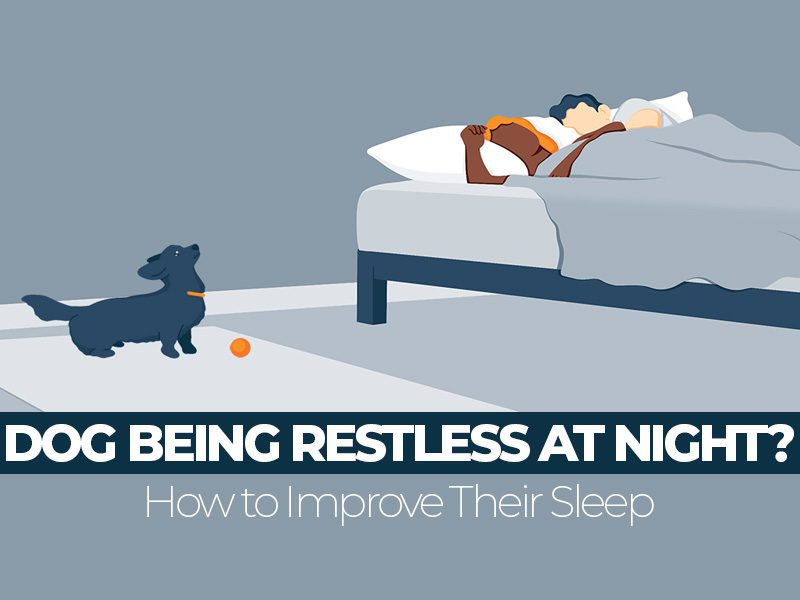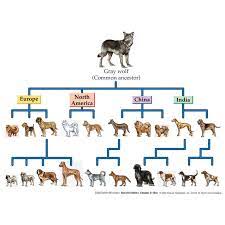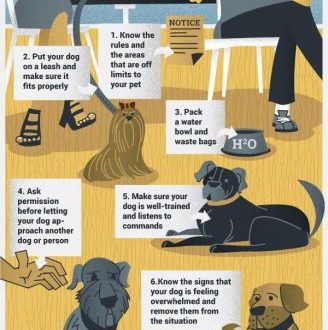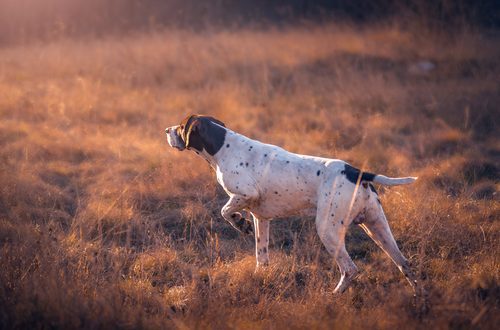
Зашто пас немирно спава
If you have a dog, most likely you have watched her restlessly sleep and run in her sleep more than once, and wondered where these sleeping legs are rushing to. Well, you won’t burn with curiosity anymore! We found out what makes pets run and behave strangely in their sleep.
Running, twitching and barking
While it may seem like sleepwalking is different from the twitches, barks, and other sounds that dogs sometimes make in their sleep, the truth is that all of these behaviors are related to each other and therefore often occur at the same time. It doesn’t matter if your pet is running around in his sleep, twitching, barking, whining, or doing it all together, he’s really just dreaming.
According to Psychology Today, the dog’s brain is similar in structure to the human brain and goes through the same electrical patterns as the human brain during the sleep cycle. This causes rapid eye movement, also known as REM sleep, during which dreaming occurs. Many animals try to physically act out their dreams, which often involves re-experiencing what they did that day, and this is what causes them to run, bark, and twitch in their sleep.
Posture while sleeping
 You may have wondered why your dog always curls up when he goes to bed—even when it’s not cold. According to Vetstreet, this behavior is an evolutionary legacy from her ancestors. In the wild, wolves and wild dogs curl up during sleep to protect vulnerable organs from attack.
You may have wondered why your dog always curls up when he goes to bed—even when it’s not cold. According to Vetstreet, this behavior is an evolutionary legacy from her ancestors. In the wild, wolves and wild dogs curl up during sleep to protect vulnerable organs from attack.
But if that’s the case, why do some pets sleep on their backs with their belly exposed? Yes, five to ten percent of animals, according to Vetstreet, sleep comfortably in this position. This posture is usually preferred by good-natured, well-socialized dogs, whose temperament is far removed from that of their wolf counterparts. If your dog likes to sleep on his back, this is a sign that he trusts you and feels safe in his environment.
Circulation in place and digging
Another strange behavior that you may have observed when your dog is getting ready for bed is the habit of scratching the floor and rolling around before lying down, even on a soft surface such as a bed or pillow. This behavior is rooted in the very nest building instinct that causes dogs to curl up. In the wild, their canine ancestors dug the earth to soften it and create a sleeping den that gave them extra protection and helped regulate their body temperature. They also twirled around to tamp down earth, leaves, or grass bedding on their bed to make it more comfortable. Why this instinct has survived for a thousand years and is still strong in domestic animals remains a mystery.
Хрче
Most animals snore in their sleep from time to time. However, for some it happens more often than others. Dogs snore for the same reason humans do, due to airway obstruction. This obstruction can occur for a number of reasons, including allergies or respiratory problems, obesity, or the shape of the muzzle. Bulldogs, for example, are also snorers because of their compact muzzles.
Although occasional snoring is not a cause for concern, chronic snoring may indicate a more serious problem with your dog. It’s likely that a dog that snores a lot while sleeping also has difficulty breathing while awake, warns PetMD. Because dogs need their ability to breathe quickly to regulate their body temperature, breathing problems can have serious health consequences. So, if your pet is a chronic snorer, you should visit your veterinarian to determine the cause of his snoring.
Dogs sleep a lot during the day, providing many opportunities to observe this odd behavior. So the next time you see your pet running in her sleep, you can smile knowing she’s having fun chasing squirrels or playing fetch ball.





